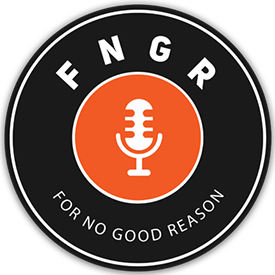News of the “study finds” variety is, at best, a speculative experience we’d surely all be better off with much less of in our lives. The risk of (even unintentionally) parroting a misleading and/or over-condensed interpretation of something that should be presented in the most nuanced manner possible is often quite high, particularly in the COVID-19 era.
Still, it’s not hard to see why headline attention is being given to a recent announcement from researchers at Oregon State University. On Monday, researchers said that hemp compounds had been identified (via an OSU-invented chemical screening method) that they said showed the ability to “prevent the virus that causes COVID-19 from entering human cells.”
Per the Journal of Natural Products-published study in question, the identified compounds are cannabigerolic acid (CBGA) and cannabidiolic acid (CBDA).
“These cannabinoid acids are abundant in hemp and in many hemp extracts,” said Richard van Breemen, who led the study and is a researcher affiliated with OSU’s Global Hemp Innovation Center. “They are not controlled substances like THC, the psychoactive ingredient in marijuana, and have a good safety profile in humans. And our research showed the hemp compounds were equally effective against variants of SARS-CoV-2, including variant B.1.1.7, which was first detected in the United Kingdom, and variant B.1.351, first detected in South Africa.”
In short, researchers found that this pair of cannabinoid acids were able to “bind” to the SARS-CoV-2 spike protein, thus “blocking a critical step” in the larger infection process.
Van Breemen, Ruth Muchiri of the College of Pharmacy and Linus Pauling Institute and five scientists from OHSU identified the two cannabinoid acids via a mass spectrometry-based screening technique invented in van Breemen’s laboratory.
The acids were identified using a screening method focused on what’s called mass spectrometry, explained in the OSU release as a technique invented in van Breemen’s lab that included the following:
“Van Breemen’s team screened a range of botanicals used as dietary supplements including red clover, wild yam, hops and three species of licorice.”
For more, consult the full OSU breakdown of the latest findings.
Of course, given the focus of this study, reactions to the OSU research have been swift. See more below. And though no one should need a reminder at this point in a global pandemic, make sure you’re fully vaccinated and boostered as the U.S. tumbles forward.







